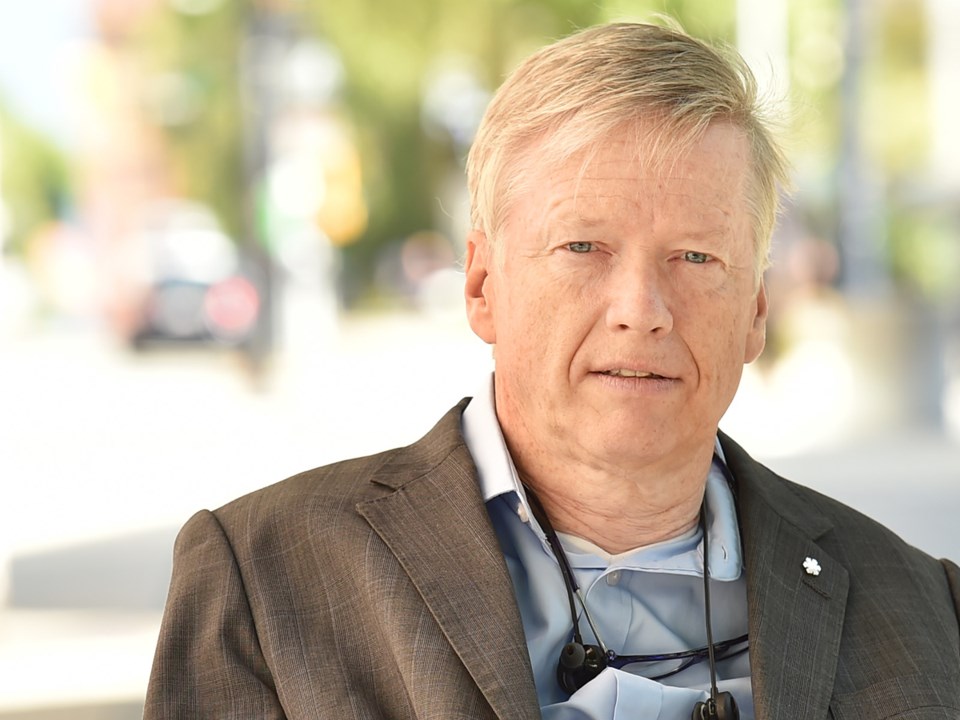The Courier reached out to the six B.C. Liberal politicians vying to become leader of the party this week. Each candidate was asked the same questions for a short profile of their views on issues facing Vancouverites.
Every year about 30,000 people move to the Lower Mainland, B.C. Liberal leadership candidate Sam Sullivan says.
This has created “incredible pressures” on real estate prices and he says one of the ways to open a release valve is to “redesign city government to be more effective.”
“The current system has caused a lot of dysfunction,” he says.
His approach includes taking city councillors out of the public hearing process and replacing them with judicial tribunals. “I believe that if you reform city government and change the way it makes decisions we will expedite the approval process,” says the former Vancouver mayor.
Sullivan also wants to make zoning more function based than form based. Instead of designing a building and then deciding how it will be used, he wants to turn the concept around. “Start with function — what are you trying to accomplish? — and build form after that.”
When he was briefly the minister responsible for TransLink during Christy Clark’s short-lived Liberal government last summer, he said his party would not require another referendum to ensure provincial funding for expanding services.
“I believe the provincial government should stop being the appeal board to every local decision,” he says. “I think local governments make decisions and these should be respected.”
As Vancouver’s NPA mayor, he was often frustrated that after a drawn out public process to get ideas approved, city hall would make decisions that the province would then quash. One of those decisions was a vehicle levy to raise money for public transit. The NDP government at the time turned it down.
Local governments should have greater autonomy as long as their decisions don’t go against legislation of higher governments.
Asked about voters’ endorsement of the NDP’s and Green Party’s platforms to reduce daycare costs during last May’s election, Sullivan says, “It’s one of our greatest weaknesses of the last campaigns that we didn’t connect with people on their needs.”
Part of the daycare shortage problem, he says, is that the daycare centre approval standards are geared to suburban reality. For instance, there was a daycare proposal for Yaletown, where he lives. It wasn’t approved, he says, because rules say the children need to be able to walk out into outdoor spaces; they’re not allowed to have to take an elevator.
“These kinds of things are inappropriate for an urban setting,” he says. “We need to improve the supply of daycares.”
When it comes to the opioid crisis, Sullivan advocates prescribing narcotics to the most serious addicts. He lauds initiatives such as the Crosstown clinic that offers medical-grade heroin to addicts. “The government needs to be the supplier,” he says. Referring to the recent increase of targeted shootings, including the death of an innocent passerby, Sullivan says, “Why were they shooting each other? [Drug] profits. They’re trying to get a bigger market share.”
Going into the voting process, which begins Feb. 1, Sullivan says he’s pleased with his campaign. “I’ve forced some conversations to happen that wouldn’t have happened without me.”
As to his chances of winning, he says, “I think I could safely be called a wild shot. I’m not as strong on first choices but I’m strong on second and third choices. If I survive the first round or two of voting, I might do well.”



